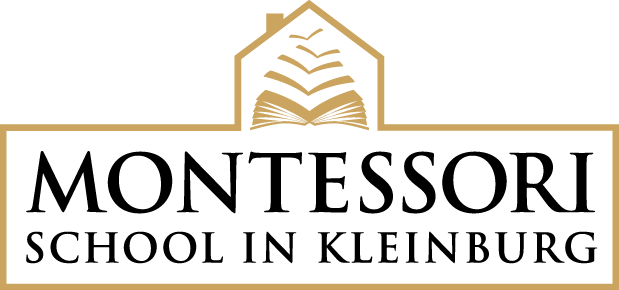Introduction
Welcome to the vibrant world of language education at Montessori School in Kleinburg, where we believe in nurturing not just academic excellence but also holistic development. As the head of the Languages Department and a specialist in teaching French and Italian, I am thrilled to share insights into the profound impact that learning these languages can have on young minds.
Cognitive Development
Research consistently demonstrates that learning multiple languages enhances cognitive abilities. A study published in the journal “Psychological Science” found that bilingual individuals, even children, tend to outperform their monolingual peers in tasks that require attention, inhibition, and short-term memory. Learning both French and Italian at our Montessori School in Kleinburg provides students with a unique cognitive advantage, fostering critical thinking skills and adaptability1.
Cultural Development
Languages are not just tools for communication; they are gateways to rich cultural experiences. Our language curriculum is designed to immerse students in the traditions, literature, and art of both French and Italian-speaking communities. Exposure to diverse cultures fosters a global perspective, encouraging empathy and understanding among our student2.
Enhanced Linguistic Awareness
Learning two Romance languages, such as French and Italian, can significantly enhance linguistic awareness. Students become adept at recognizing patterns, understanding language structures, and making connections between languages. This heightened linguistic sensitivity extends beyond the realm of language studies, positively influencing their overall language skills and even proficiency in other subjects3.
Career Opporunities
In an increasingly interconnected world, bilingualism is an asset sought after by employers. Proficiency in French and Italian opens doors to a myriad of career opportunities, especially in fields such as international business, diplomacy, and tourism, among many others. Our goal is not only to educate but to prepare our students for success in a globalized job market4.
Footnotes
Bialystok, E., Craik, F. I., & Luk, G. (2012). Bilingualism: Consequences for mind and brain. Psychological Science, 23(6), 595-601.
Kramsch, C. (1998). Language and culture. Oxford University Press.
Paradis, J. (2009). Declarative and procedural determinants of second languages. Amsterdam: John Benjamins Publishing.
Lambert, S. (2018). The Advantages of Being Bilingual: Working Memory in Bilingual Turkish-Dutch Children. Frontiers in Psychology, 9, 1937.










